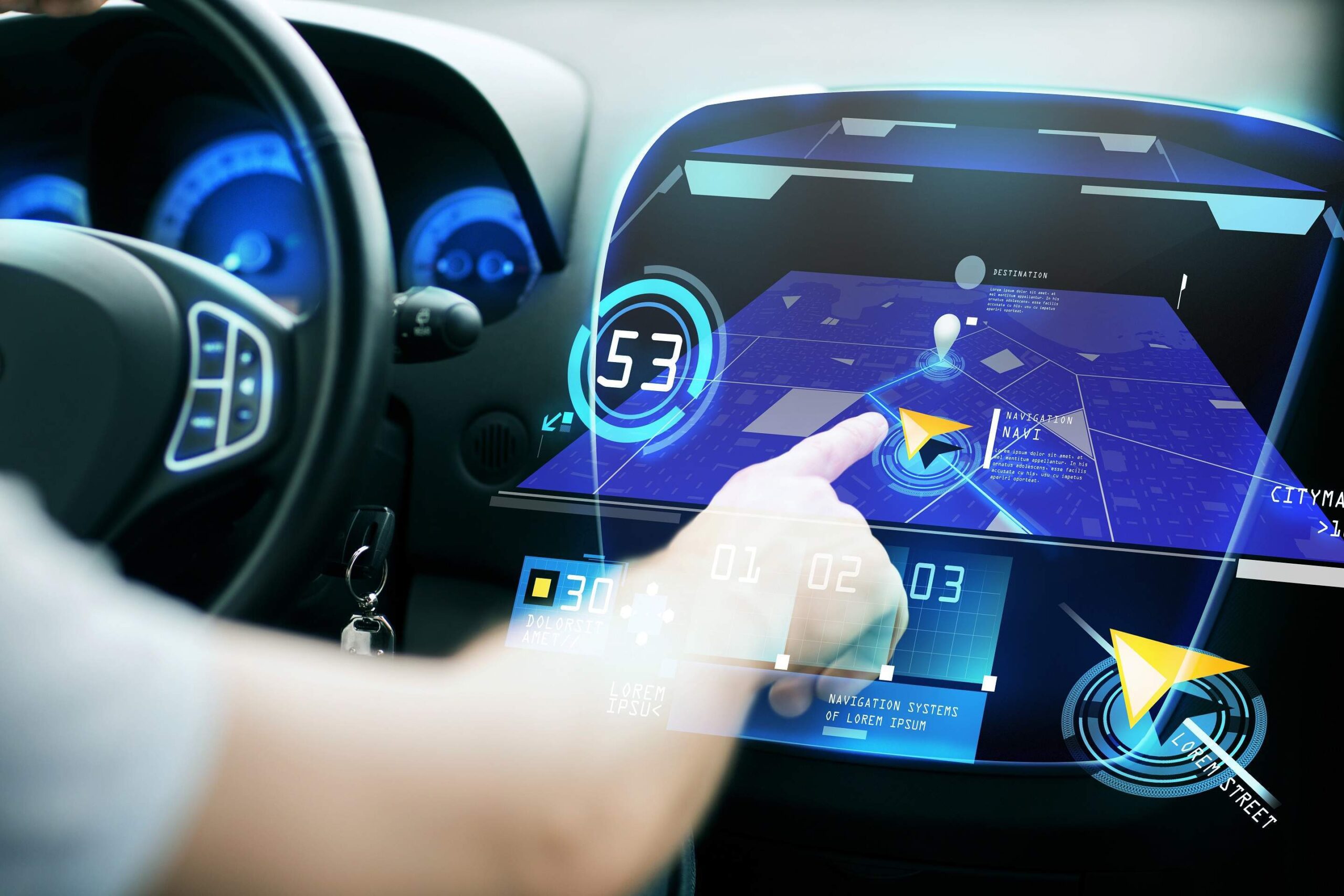
The majority of cars in the UK are smart cars now, with features such as GPS tracking and wifi.
The next generation of vehicles, it is hoped, will be autonomous and have the ability to chauffeur their passengers from place to place unassisted.

Access deeper industry intelligence
Experience unmatched clarity with a single platform that combines unique data, AI, and human expertise.
However, there are concerns that these smart vehicles are actually rather dumb; in that it will be easier for hackers to access these vehicles in order to steal personal data, the cars themselves, or even take control of the tech for “malicious reasons”.
As a result, the UK government has released new guidance to ensure that smart cars, and the future self-driving counterparts, are protected from hacking.
The guidance instructs car manufacturers to “toughen up” cyber protections and design out security threats as part of the vehicle development stages.
Alongside the guidance, the government has released a quick guide to vehicle cyber security, listing eight principles that companies need to abide by.

US Tariffs are shifting - will you react or anticipate?
Don’t let policy changes catch you off guard. Stay proactive with real-time data and expert analysis.
By GlobalDataThese include the idea that organisational security is owned, governed and promoted at board level, and that car manufacturers must provide product aftercare and incident response to ensure its vehicles are secure over their lifetime.
A minister in the Department for Transport, Martin Callanan, said:
Risks of people hacking into the technology might be low, but we must make sure the public is protected. It’s essential all parties involved in the manufacturing and supply chain are provided with a consistent set of guidelines that support this global industry.
Matt Ellard, vice present for EMEA at security firm Tanium, wrote an op-ed for Verdict detailing the need for a strong cyber policy when it comes to autonomous and smart vehicles.
He wrote:
It is critical for the government … to set out a framework for clear security standards, so consumers can see how at risk their vehicle is. While there are things the automobile industry can do to improve security, it will ultimately be the government who set the standards for our roads.
During the Queen’s speech earlier this year, it was announced that the UK government was working on an autonomous and electric vehicles bill to create a new framework for self-driving vehicle insurance, amongst other things.
The government says that this legislation will put Britain at the heart of technological developments in smart and autonomous vehicles, whilst maintaining consumer safety.
Measures to be put before parliament mean that insuring modern vehicles will provide protection for consumers if the technologies fail.
This comes after issues with various autonomous programs.
Uber was forced to pull its self-driving car program from Arizona after one of its vehicles was involved in a crash.
As well, a Tesla employee was killed in 2016 in a self-driving Tesla car.







